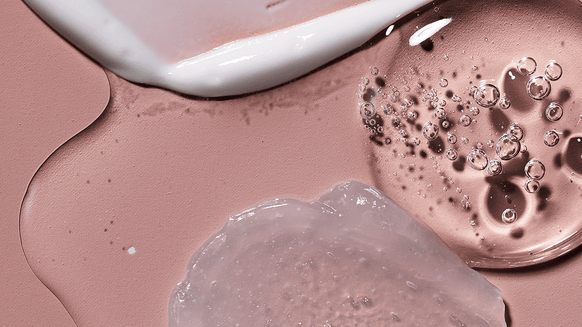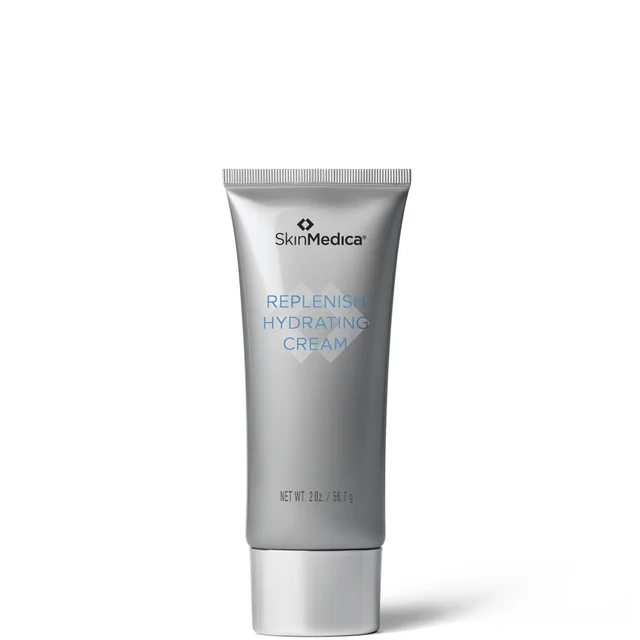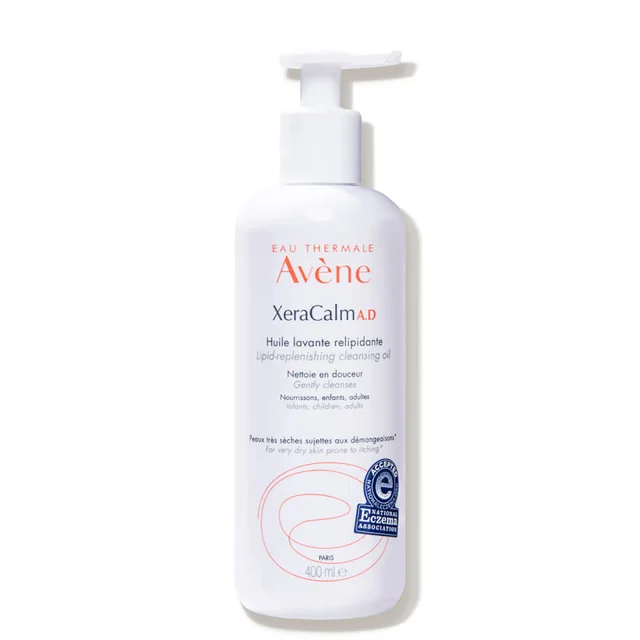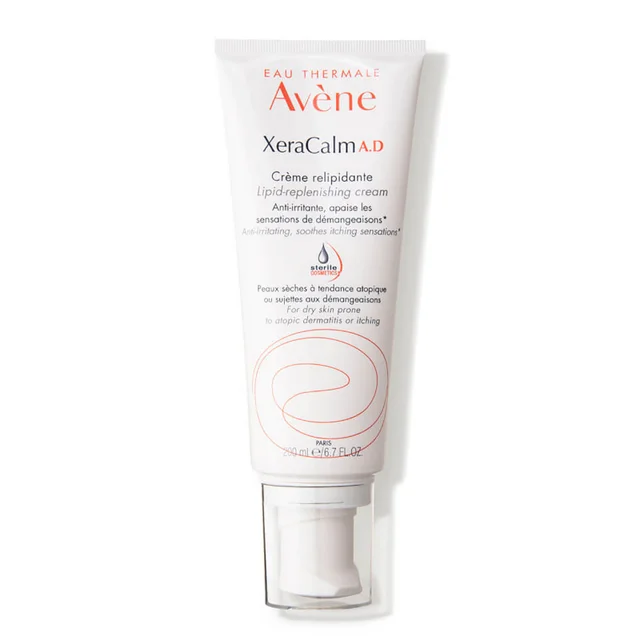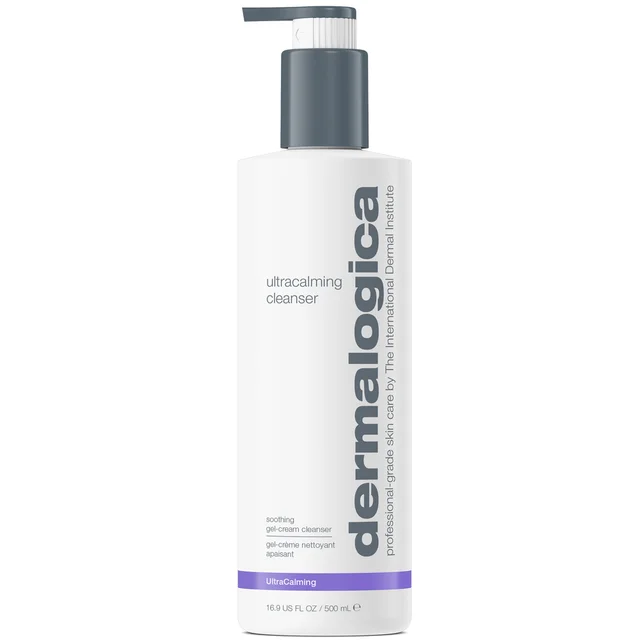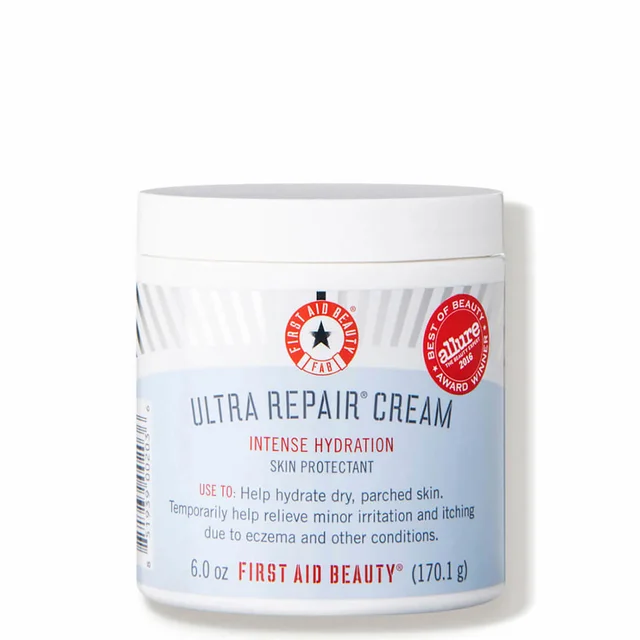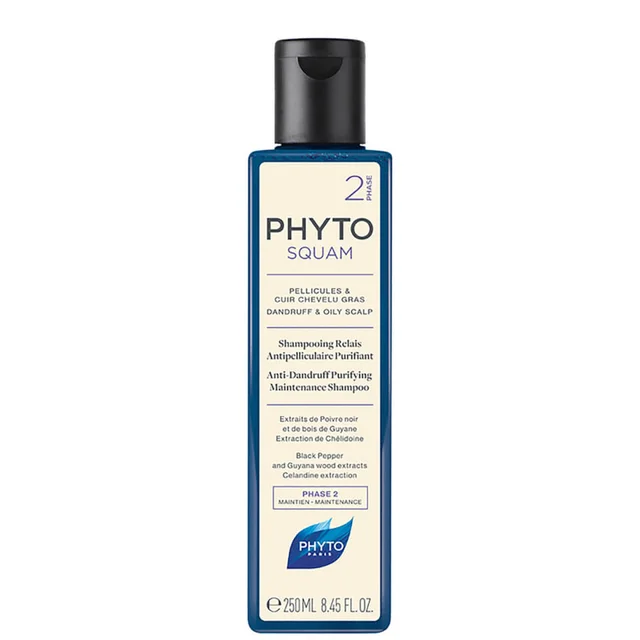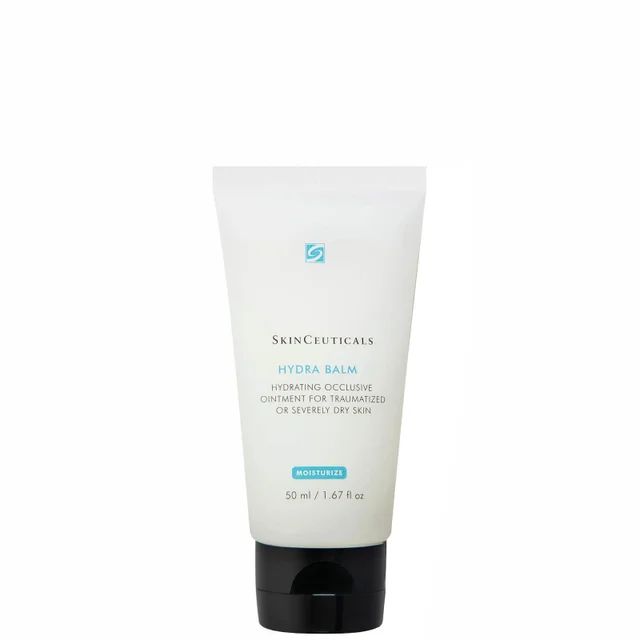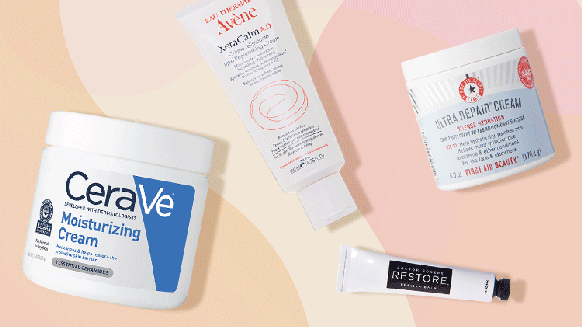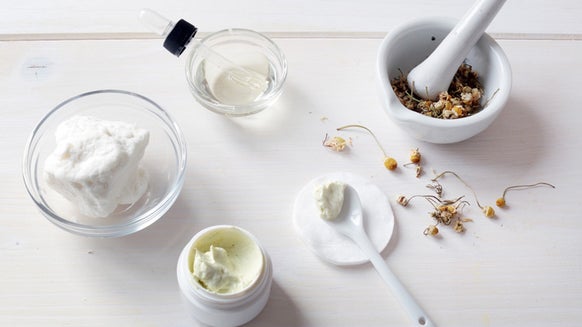Can You Get Wrinkles From Eczema?
Eczema and wrinkles change both the look and feel of your skin. Both can result from dryness, making it easy to assume that the dryness of eczema led to wrinkling, but that's not the case. Eczema only emphasizes wrinkles, and while it may be tempting to pile on your richest moisturizer to banish both, a more individual approach is necessary.
What Is Eczema?
Eczema is a skin condition that makes itself known through the presence of irritating rashes. They can appear anywhere on the body and are typically red, dry, raised and can break open upon scratching or contact. The condition could be hereditary or appear after an allergic reaction to an environmental stimulant or allergen within the immune system. Eczema is triggered for some sufferers by changes in temperature, hormone levels and even stress. Many deal with eczema from birth, while others could find themselves facing a sudden breakout after a summer heat wave.
What Causes Wrinkles?
If waking up to a face full of deep-set wrinkles has you dodging the mirror in the morning, you can take a deep breath. The amount of intrinsic wrinkles that your body is set to develop is genetic, but wrinkles caused by premature aging can be prevented and slowed down so that your intrinsic wrinkles make less of an impact. Sun damage is the primary cause of wrinkles, so smooth on a lotion with SPF 30 or higher every day to all exposed skin. To streamline your routine, reach for a moisturizer that contains SPF with both UVA and UVB protection. Activities like smoking and drinking dehydrate the skin and damage it over time. Avoid tugging at or using abrasive products on your skin. Try adding an oil-based cleanser to your routine—it will remove even tough makeup without drying out or scratching the surface of your skin like harsh scrubs and gels.
Where Wrinkles and Eczema Overlap
While eczema does not cause wrinkles, it can emphasize lines that are already there. The dry, often flaky texture of eczema makes even minor lines from dehydration appear deep and draws the eye to the area. The presence of eczema makes skin sensitive, meaning that any retinoids or glycolic acids previously used in your anti-aging routine should be avoided where you have eczema. This may result in the areas of your skin that are not affected by eczema appearing brighter and smoother than the inflamed patches.
How to Treat Eczema for Smoother-Looking Skin
Treating eczema takes the spotlight off of any wrinkles underneath the affected area. The products and regimen you choose should be based on the form of eczema that you are affected with. While eczema cannot be diagnosed with a test, your physician can discuss possible causes and treatment based on your lifestyle and family history. Changes to your daily routine can minimize the symptoms of eczema. Take warm showers using a gentle body wash and avoid rapid changes in temperature. Gently pat your skin dry and always avoid rubbing or scratching it. Apply a doctor-recommended or other moisturizer within three minutes of showering or washing the affected area to lock in moisture. Plug in a humidifier during the cold and dry months to keep the air in your house from drying your skin out and triggering a breakout.
This article has been reviewed by board-certified dermatologist Dr. Emmy Graber.

From the latest hair and makeup trends to the best solutions for your skin issues, we've got all your beauty concerns covered!
Related Posts
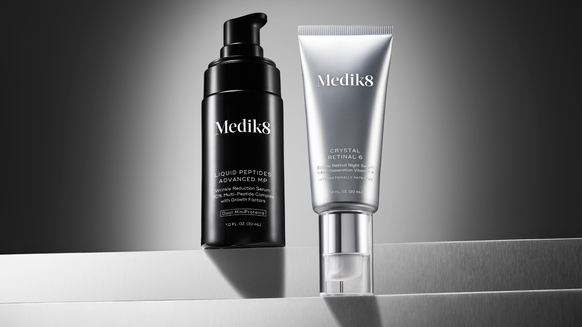
Glowing Skin Secrets: Top Dermatologists Recommend Skincare That Delivers Results
